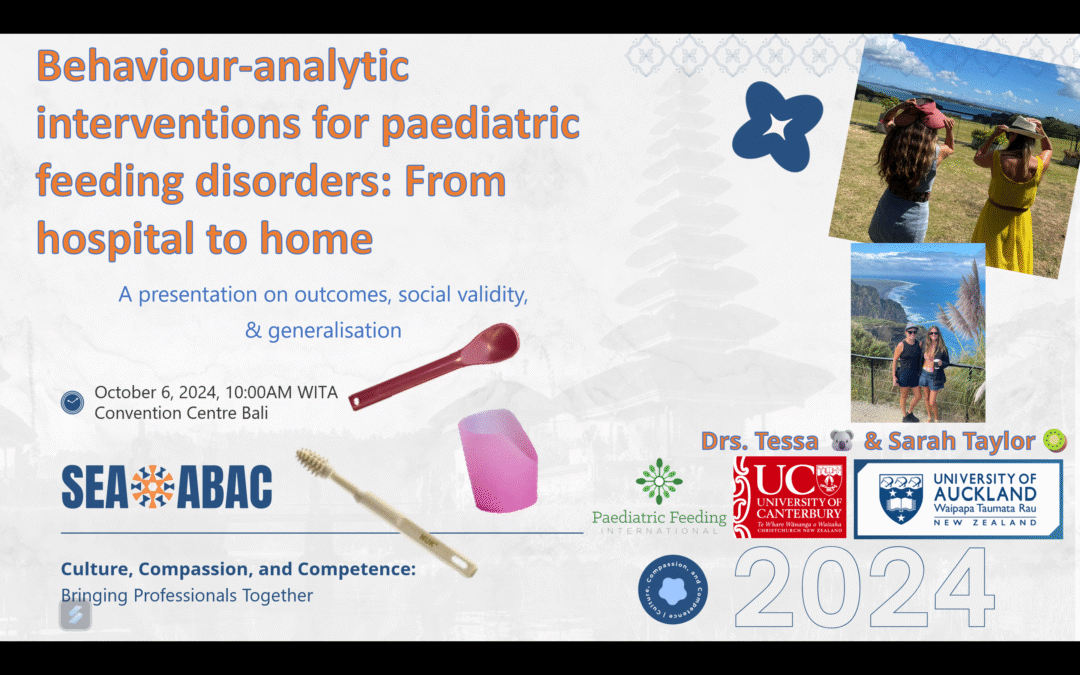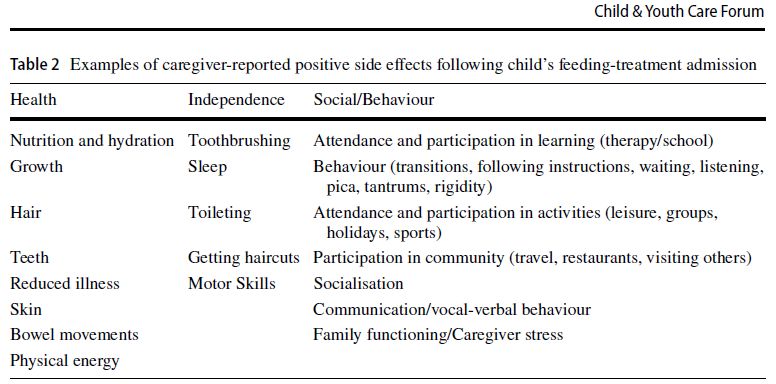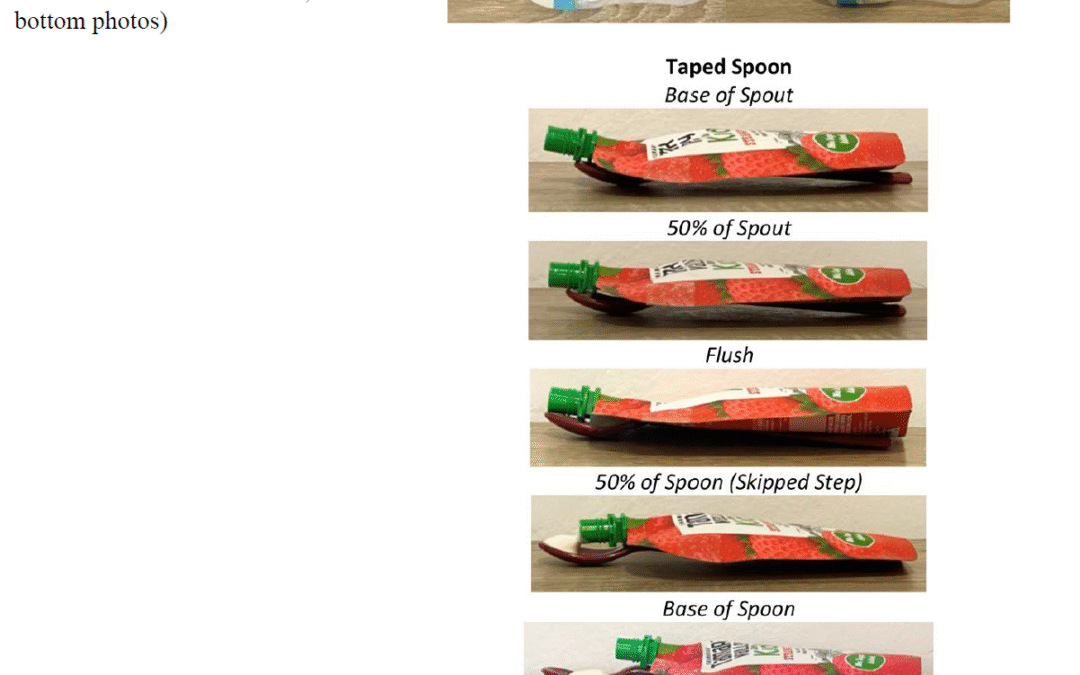


SEA ABAC 2024 in Bali with Dr. Sarah Taylor
🥝 🐨 Me & my long-term “pen pal” of almost 10 years and >10 pubs later Dr. Sarah Taylor will finally be in person together for the 1st time in Bali! 🧐 🤔 ❔ ⁉ No, we are not at all related. ❔ ⁉ No, we don’t actually work together. ❔ ⁉ No, I...
Collaboration across 4 clinics in 3 countries, beyond happy ☺️ & grateful 🙏 for the opportunity to team up🫛🥕with Drs. Phipps, Peterson, & S.A. Taylor! Everything you ever wanted to know about social validity in feeding:
“Collectively, caregivers rated behaviour-analytic treatments high in social validity and treatments were highly effective. Caregivers reported increased broader quality of life and lasting positive impacts, decreased stress, and lack of negative effects.”
“Accurate dissemination is needed to increase earlier access to effective feeding treatment for families and specialised training for professionals to promote data-based and individualised decision-making in this vital area.”

Feeding Disorder Treatment Programs Urgently Needed by Morgan Gonzales
Quotes from a lay-friendly newsletter article covering: Feeding Disorders A Dearth of Feeding Programs Lack of Trained Staff Negotiating with Payers Click Here to Read the Full Article Autism Business News Feeding Disorder Treatment Programs Urgently Needed for...
“Open…close…FUN!” 🥢 🍣 New free full-text article “Mealtime skill independence: From pouch-to-spoon fading to using chopsticks”
11 skills in just 2 weeks! Took tedious hard work, but he eventually was a little chopstick expert, even with small vitamins. Another one of my favourite/tippie-top treatment arrangements, plus important novel cultural caregiver perspectives shared including on social validity.

Social Validity: Reactions to Exposure
Low percentages of children have negative reactions to exposure, these reactions are brief, positive results are quick, and parents receiving proper support rate treatment highly positively.
“Given the majority of the patients had ng or g-tube dependence and nearly half met failure-to-thrive, these robust outcomes are quite promising for those with pediatric feeding disorders.”
